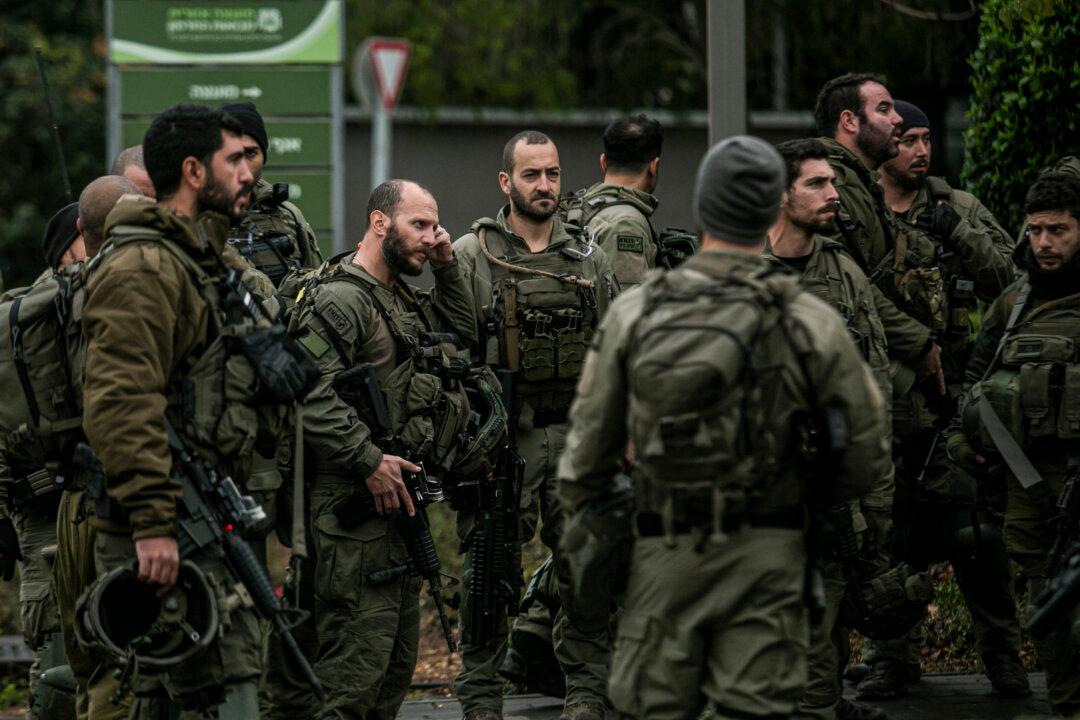With Israel gaining most of its objectives against Hamas in Gaza, it’s sending signs that an offensive against Hezbollah in Lebanon will follow.
Israeli Prime Minister Benjamin Netanyahu said in a TV interview on June 23 that the Israel Defense Forces (IDF) was close to completing its ground offensive into Rafah in southern Gaza.





